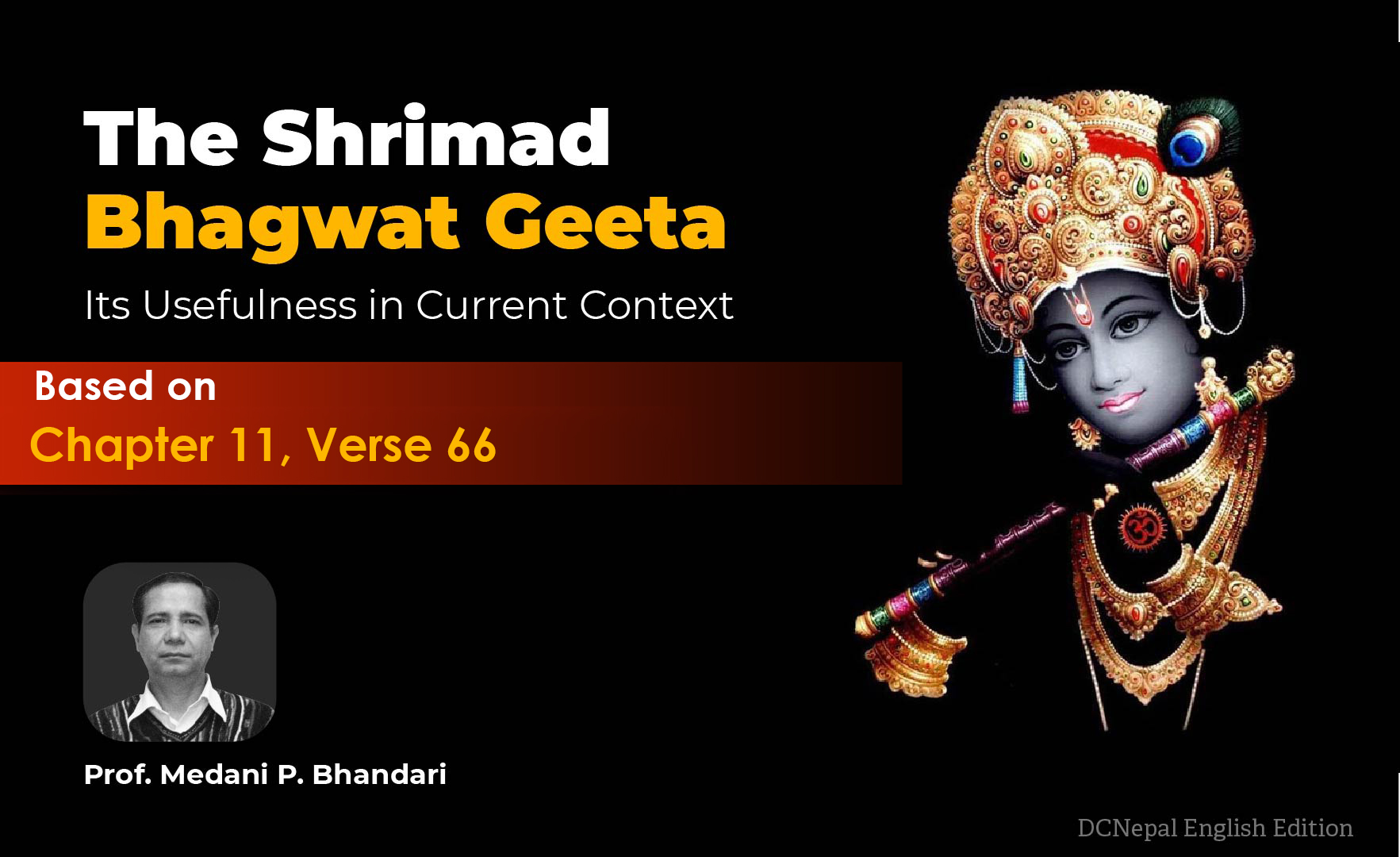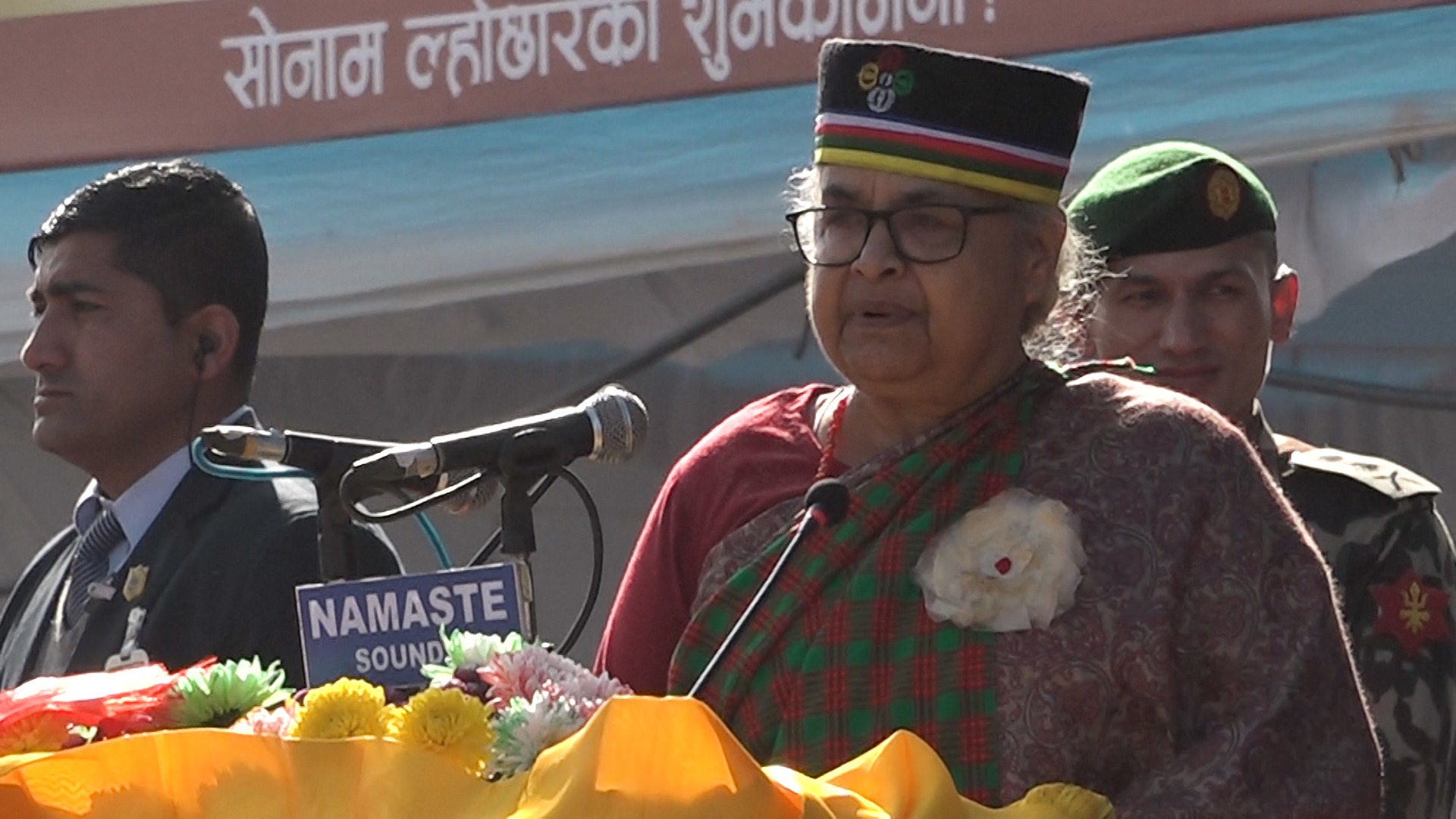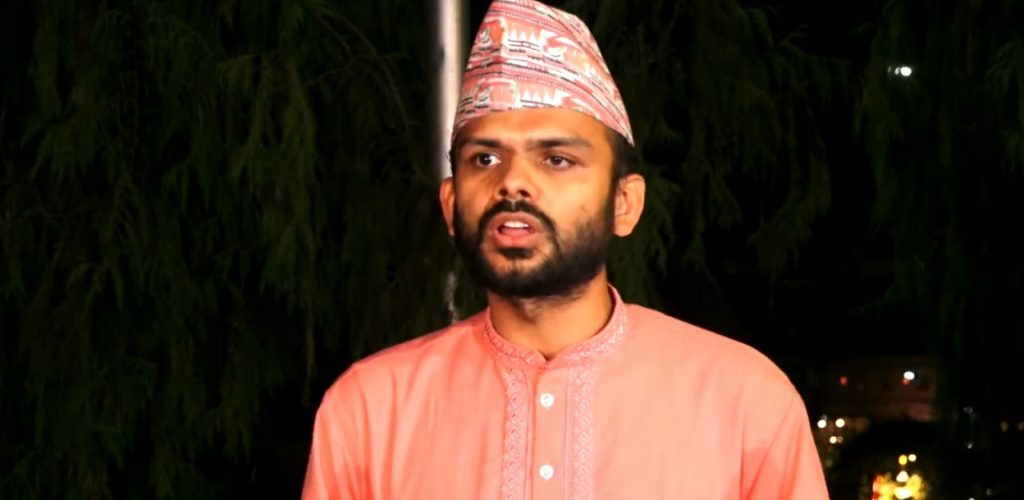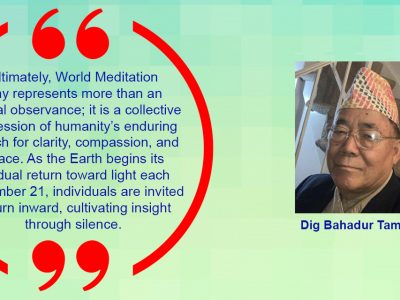The Shrimad Bhagwat Geeta and its Utilization in day-to-day life- regarding Chapter 18, Verse 66

Chapter 18, Verse 66: सर्वधर्मान्परित्यज्यमामेकंशरणंव्रज।अहंत्वांसर्वपापेभ्योमोक्षयिष्यामिमाशुचः॥ “Abandon all varieties of religion and surrender unto Me alone. I shall liberate you from all sinful reactions. Do not fear.”
In our previous discussions, we have come to appreciate the timeless teachings of the Bhagavad Geeta, discovering profound insights that illuminate the path to a purposeful and balanced life. In Chapter 2, Verse 47, we delved into the essence of right action, detachment from outcomes, the concept of non-doer-ship, and the significance of fulfilling one’s duty, all of which guide us toward maintaining equanimity in our actions.
Likewise, Chapter 2, Verse 50, imparted valuable wisdom on cultivating equanimity, embracing selflessness, and seeking inner fulfillment. Furthermore, in Chapter 4, Verse 7, we explored the importance of recognizing moral decline, seeking divine guidance, emphasizing righteous action, acknowledging collective responsibility, fostering harmonious relationships, engaging in social responsibilities, and embracing inner transformation. This chapter also touched upon the concept of divine incarnation during challenging times and the significance of surrendering ourselves in our day-to-day lives.
Moving forward, Chapter 9, Verse 22, revealed how belief in a higher power can foster the essence of humanity and contribute to various aspects like recognizing moral decline, unwavering devotion and service, righteous action, cultivating harmonious relationships, understanding interconnectedness, engaging in social responsibilities, and embracing inner transformation. Now, in this section, we will try to elaborate on Chapter 18, Verse 66.
Chapter 18, Verse 66:सर्वधर्मान्परित्यज्यमामेकंशरणंव्रज।अहंत्वांसर्वपापेभ्योमोक्षयिष्यामिमाशुचः॥ Translation: “Abandon all varieties of religion and surrender unto Me alone. I shall liberate you from all sinful reactions. Do not fear.”
In this verse, Lord Krishna encourages us to transcend all external designations and concepts of religion, seeking ultimate surrender to the Divine. By doing so, He assures us of liberation from the consequences of our past actions and sinful reactions. The verse emphasizes that we need not fear, as the Divine’s grace will protect and guide us on the path of righteousness and spiritual growth.
Verse 66 carries profound significance and offers valuable guidance for day-to-day life and for creating harmony in society. Let’s break down the meaning of the verse and explore how it can contribute to reducing frustration, boosting mental health, and creating global harmony, including the health of society and the planet.
How to Apply it in Day-to-Day Life
The practical application of Geeta’s knowledge in everyday life is contingent on the individual’s motivation and dedication to apply what they have learned to achieve their goals and make a positive impact.
Detachment from Ego: By surrendering to the Divine, we cultivate a sense of detachment from our ego and personal desires. This detachment can help us handle situations with greater equanimity and reduce conflicts in our daily interactions.
Focus on Righteous Action: Emphasize performing our duties and actions with a sense of righteousness and integrity, without being overly attached to the outcomes. This attitude helps us remain dedicated to our responsibilities and cope with disappointments or setbacks with grace.
Embrace Fearlessness: Cultivate fearlessness and inner strength by trusting in a higher power. This enables us to face challenges with courage and resilience, thereby reducing anxiety and stress.
Creating Harmony in Society
Recognize Interconnectedness: Understand and acknowledge that we are all interconnected in society and the world. Respect the diversity of beliefs, cultures, and opinions, fostering a sense of unity and harmony.
Practice Compassion and Empathy: Cultivate a compassionate attitude towards others, being empathetic and understanding of their struggles and challenges. This empathy can build bridges and dissolve conflicts.
Promote Collective Responsibility: Encourage collective responsibility for the welfare of society and the planet. Work together to address societal issues, environmental concerns, and global challenges.
Reducing Frustration and Boosting Mental Health:
Acceptance and Surrender: Learn to accept situations beyond our control and surrender to a higher power. This acceptance can reduce frustration and promote mental peace.
Embrace Mindfulness: Practice mindfulness and meditation to develop greater self-awareness, manage stress, and enhance emotional well-being.
Creating Global Harmony and Healthy Planet:
Environmental Consciousness: Acknowledge our responsibility towards the environment and adopt sustainable practices to protect the planet’s health.
Social Responsibility: Encourage social initiatives and responsible behavior that promote inclusivity, equality, and well-being for all.
Global Cooperation: Advocate for international collaboration and cooperation to address global challenges like poverty, climate change, and healthcare disparities.
By incorporating these principles into our daily lives and promoting them in society, we can contribute to a more harmonious world, improved mental health, and a sustainable and healthy planet.
The take-home message of Chapter 18, Verse 66
The take-home message of Verse 66 is the power of surrender and belief in a higher power (God) in bringing happiness to individuals, families, societies, and ultimately, the world. Here’s how it can be practically applied in day-to-day life:
Surrender and Letting Go: Surrender to the Divine involves letting go of ego, attachments, and worries about the outcomes of our actions. In daily life, practice letting go of excessive expectations and desires, trusting that a higher power is guiding us towards the right path.
Finding Peace in Belief: Believing in God offers comfort and assurance that we are not alone in life’s journey. This belief can provide solace during challenging times and help us maintain inner peace and mental well-being.
Detachment from Frustration: Surrendering to God’s will helps reduce frustration caused by circumstances beyond our control. Practice acceptance of situations and focus on what is within your control.
Acting with Righteousness: Embrace the concept of non-doer-ship and perform actions with a sense of duty and righteousness. Act by values and principles that contribute positively to society.
Cultivating Fearlessness: Belief in a higher power can instill fearlessness and courage to face life’s challenges. Let go of unnecessary worries and have faith in the Divine’s protection.
Creating Harmony in Relationships: Surrendering the ego in relationships fosters understanding, empathy, and harmony. Practice forgiveness and compassion, leading to healthier connections with others.
Contributing to a Better World: When individuals practice surrender and belief in God, it ripples through families, communities, and societies, fostering a collective sense of peace, love, and cooperation.
Environmental Stewardship: Surrendering to a higher power involves recognizing our responsibility towards the planet. Embrace eco-friendly practices and contribute to the well-being of the environment.
In practical terms, individuals can implement these principles by setting aside time for prayer, meditation, or reflection, seeking guidance and strength from a higher power, and living life with a sense of purpose, integrity, and compassion. By doing so, we can contribute to creating a happier, more harmonious, and sustainable world for everyone.
Conclusion
I strongly believe that we are all interconnected and share a common spiritual essence, yet we are also unique individuals with diverse experiences and perspectives. This diversity is evident in the numerous interpretations of the Bhagavad Geeta found in various books and languages. Despite these differences, I embrace and agree with all of them because the core message of the Geeta remains consistent.
The Bhagavad Geeta teaches us that as spiritual beings, we have temporarily forgotten our true nature. We are entangled in the cycle of birth and death, constantly seeking happiness and fulfillment in external things. However, the Geeta reminds us that lasting happiness cannot be found in material possessions or worldly pursuits. True happiness lies in realizing our eternal and unchanging self, the atman or soul.
The atman is free from suffering and once we recognize our true self, we break free from the cycle of birth and death, attaining moksha or liberation. This spiritual journey is not separate from our worldly life but rather, it enhances it. By understanding our spiritual nature, we can approach our everyday experiences with a sense of purpose and contentment.
In my interpretation, the essence of the described verse aligns with the principle of “Vasudhaiva Kutumbakam” – the world is one family. It encourages us to live in harmony with others, recognizing our interconnectedness and unity. The teaching of “live and let others live” further emphasizes respect for individual differences and the freedom to pursue our unique paths to happiness.
Let us take the profound knowledge from the Bhagavad Geeta and apply it practically in both our spiritual and worldly journeys. By seeking true happiness within us and understanding our spiritual essence, we can create a happy and harmonious family, society, and world. Let the wisdom of the Geeta guide us towards a life of purpose, compassion, and love for all beings.
Thank you.
Facebook Comment
latest Video
Trending News
- This Week
- This Month

















